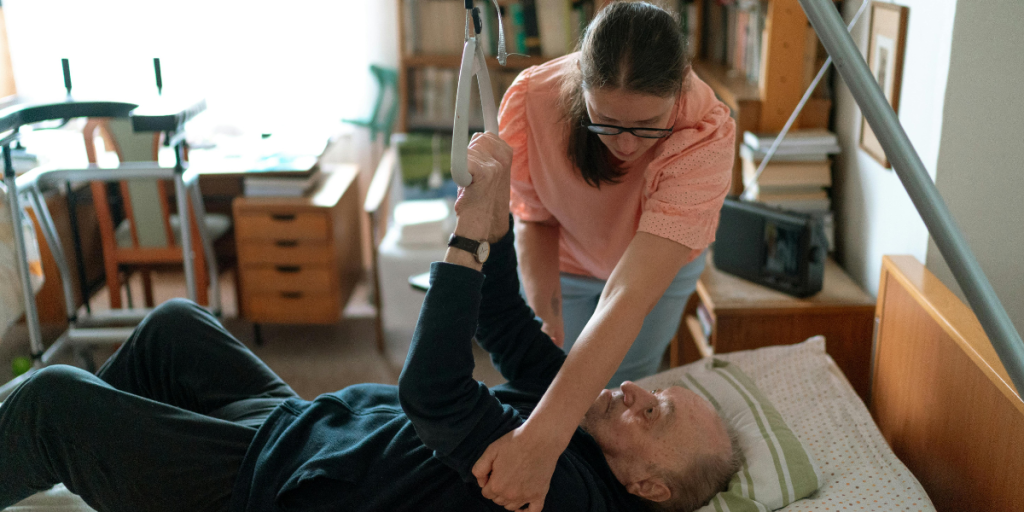Introduction: The 2025 Landscape of Elderly Living in Delhi
Delhi, India’s bustling capital, is undergoing a silent demographic shift in 2025. With an aging population that now constitutes over 11% of the city’s total residents, the demand for elder-centric services is hitting an all-time high. But rather than institutionalized care, more families are turning to home-based elder care—a model that balances healthcare, emotional well-being, and independence. The result? A booming industry that is transforming how Delhi treats its senior citizens.
Data-Backed Overview of the Aging Population
According to the National Statistical Office (NSO), India’s elderly population (aged 60 and above) is expected to reach 194 million by 2031, and Delhi is contributing significantly to that curve. In urban NCR regions, the surge in nuclear families, migration of youth for work, and lifestyle changes are leaving seniors increasingly dependent on external caregiving.
A 2024 report by the Indian Council of Medical Research (ICMR) highlighted that over 60% of Delhi’s elderly prefer home-based care over retirement homes or hospital-based services.
Market Insights & Growth Statistics
The home elder care industry in India, valued at INR 25,000 crore in 2024, is growing at a CAGR of 18-20%, with Delhi-NCR being one of the top contributors.
Key Trends
- Over 2.5 lakh jobs created in the elder care sector across India in the past three years
- Growth in subscription-based elder care services, including teleconsultations, medicine delivery, home physiotherapy, and companionship
- Surge in health tech investments, especially in elder-centric apps and platforms
Delhi’s market is witnessing a localized boom, with residents from South Delhi, Noida, and Dwarka being top consumers of personalized at-home care.
Role of Startups & Private Players
The elder care sector in Delhi has seen a surge in private players and startups offering a range of services:
- Portea Medical – Offers home visits by doctors, physiotherapists, and nurses
- Emoha Elder Care – Focuses on emergency support, daily care, and engagement programs
- Anvayaa Kin Care – Integrates tech with personalized elder companionship and care
- HealthCare atHOME – Specializes in post-surgery care and chronic disease management
These companies are not just service providers—they’re building trust-based ecosystems to care for seniors 24/7, with monitoring, support, and feedback loops for families.
Technological Disruption in Senior Healthcare
2025 is seeing elder care at home becoming smarter and more connected than ever:
- Wearables & Smart Devices – Track vitals like heart rate, glucose levels, and fall detection in real time
- AI-Powered Health Monitoring – Predictive analysis for medication adherence, risk alerts, and personalized health plans
- Home Diagnostics Kits – Enabling seniors to conduct lab tests from home
- Remote Consultations – Seamlessly connecting seniors to specialists via telehealth platforms
These innovations reduce the need for frequent hospital visits and empower families with real-time health data.
Challenges & Risks
Despite rapid growth, the sector faces significant challenges:
- Safety Concerns – Verifying caregiver backgrounds remains critical
- Quality Control – Maintaining uniform care standards across providers is a major concern
- Elder Abuse Risks – Emotional or financial exploitation needs stronger safeguards and reporting mechanisms
Regulatory oversight is gradually improving, but Delhi still needs more stringent frameworks to ensure elder care is both safe and accountable.
What the Future Holds?
By 2030, the elder care-at-home industry in Delhi is projected to grow 2.5x, driven by technology integration, affordability, and emotional value. Emerging models include:
- Elder Care Subscriptions – Tiered plans for families based on services and frequency
- AI-powered Elder Wellness Apps – Personalized tracking of lifestyle and mental health
- Hybrid Models – Combining in-person visits with virtual assistance and robotic support
In the long term, Delhi is positioning itself as a leader in dignified, decentralized elder care—where every senior can age safely and comfortably in their own home.
Conclusion
Elder care at home in Delhi isn’t just a convenience—it’s a necessity shaped by social evolution, economic shifts, and technology. As we move further into 2025, this trend is no longer optional. It’s the future of aging.

